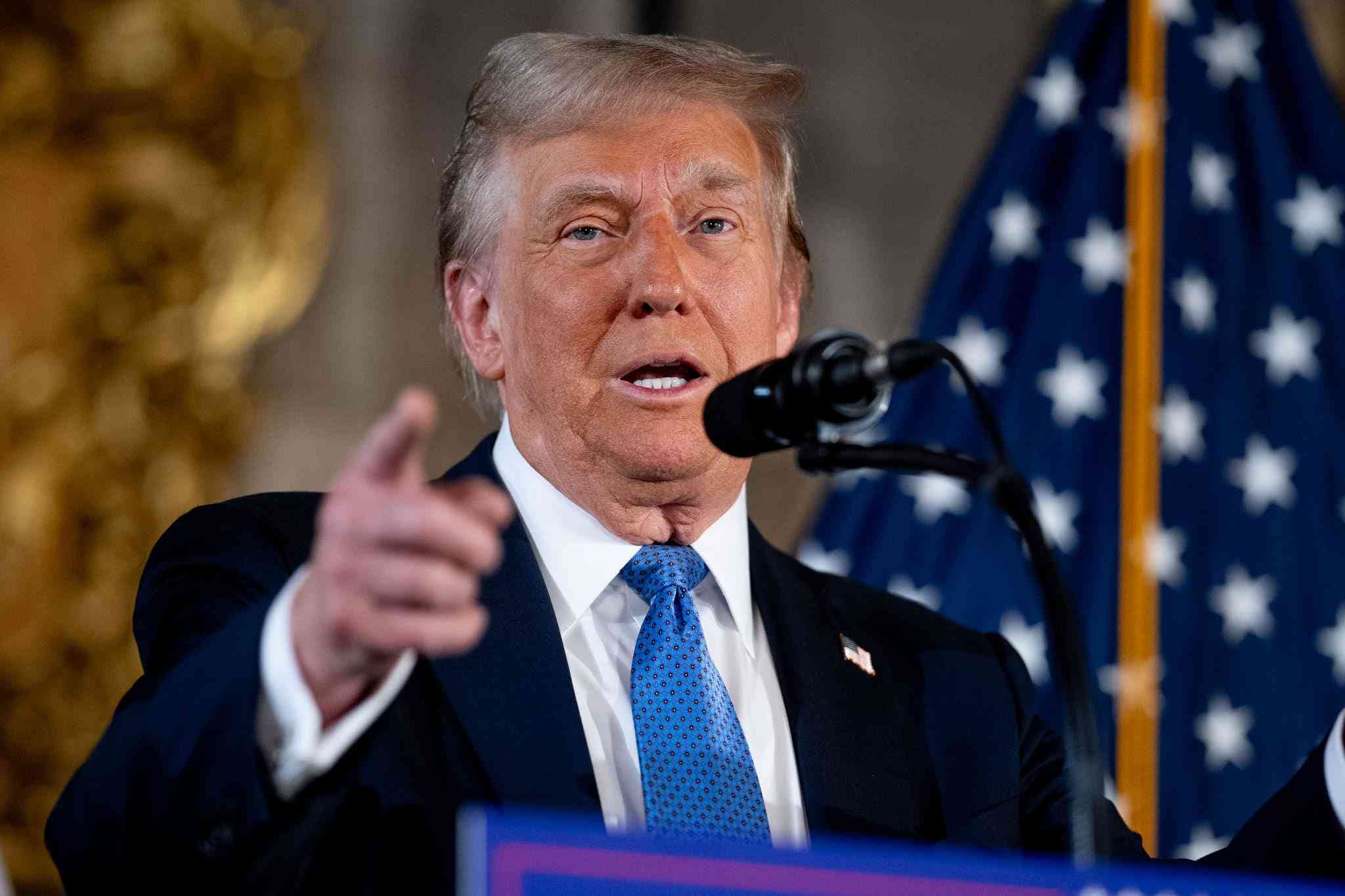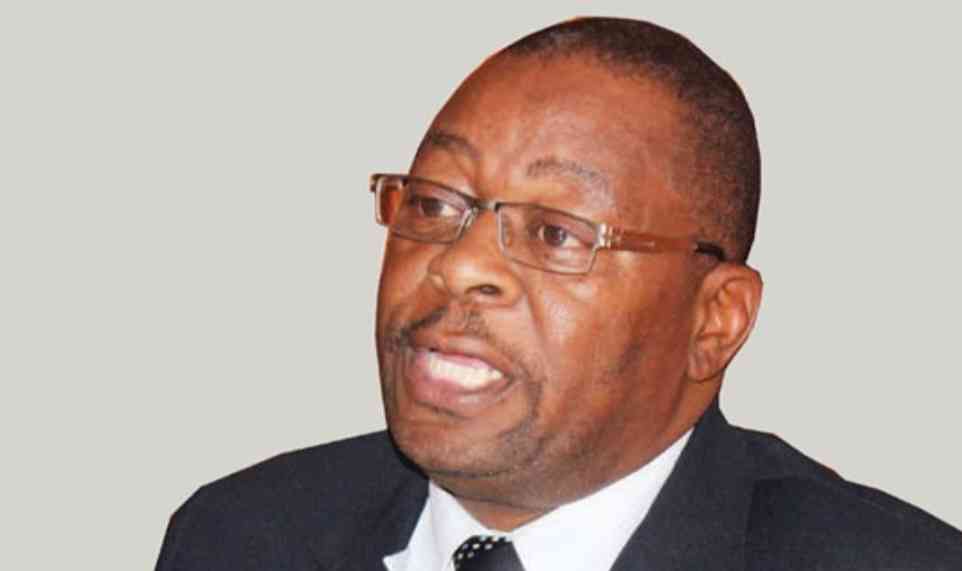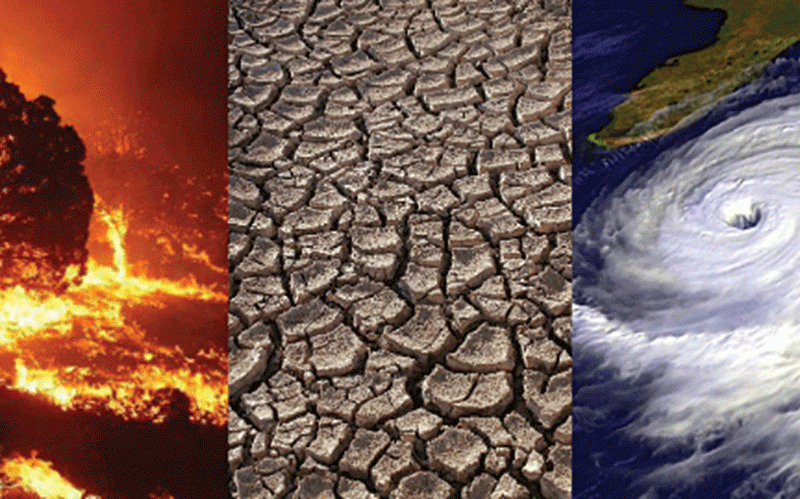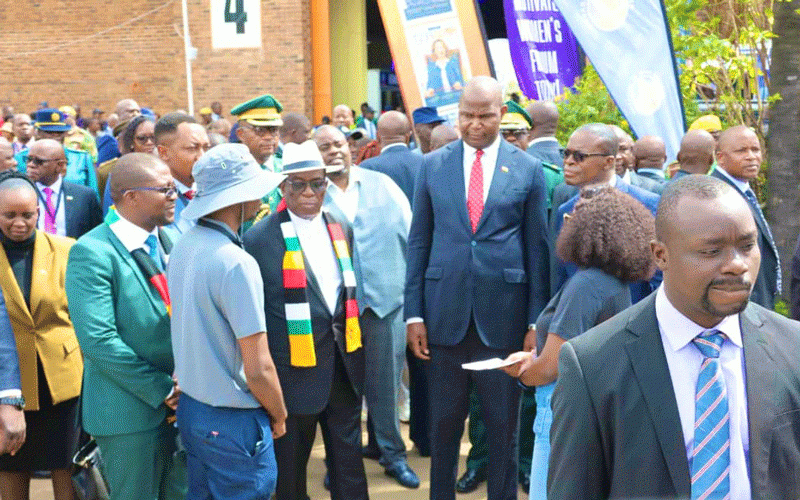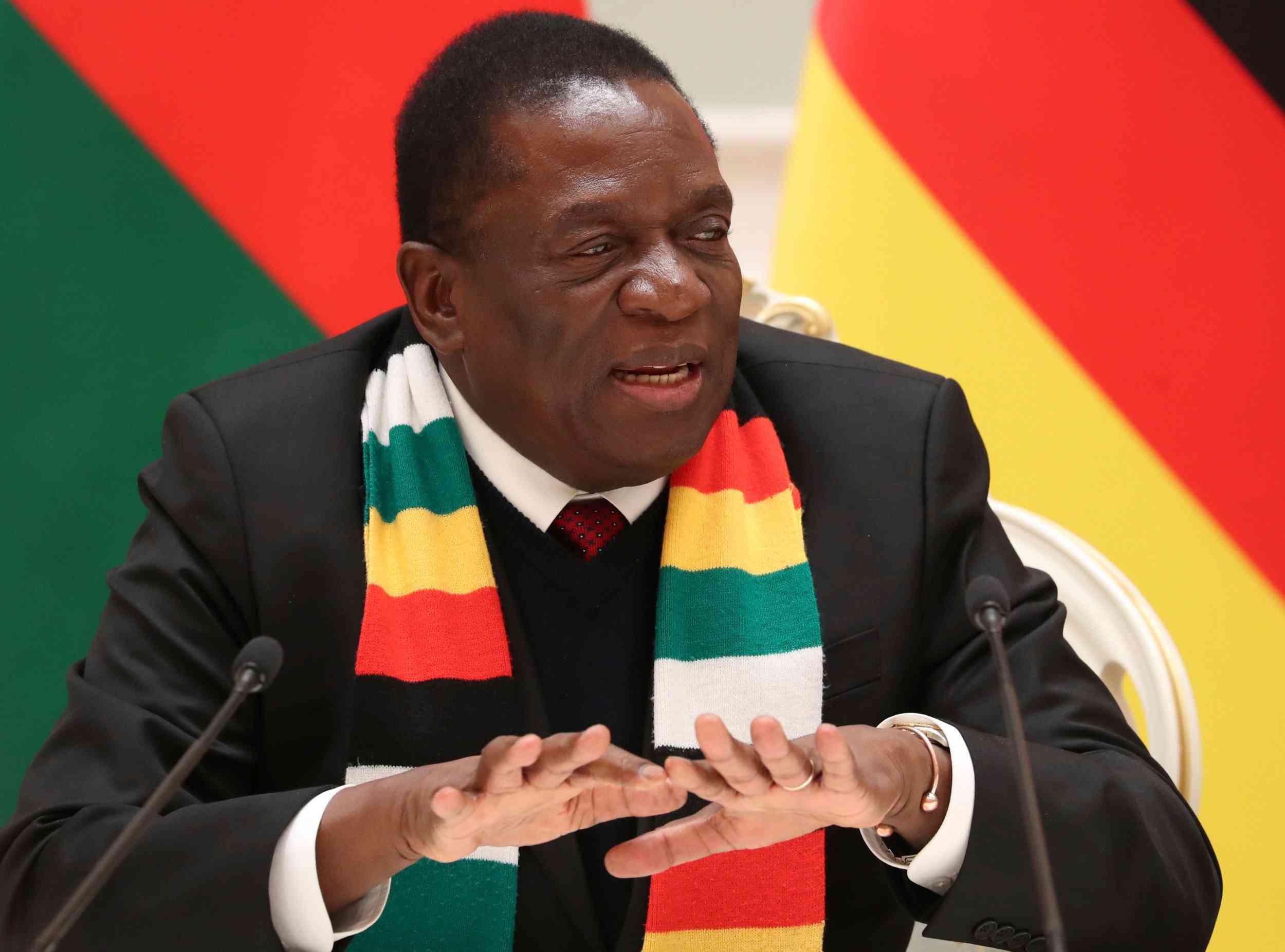
On a sweltering afternoon in 2015, crammed inside a packed Beijing train, a curious Chinese man turned to me.
“Where are you from?” he asked.
“Zimbabwe,” I replied.
His eyes lit up. “Ah! Jinbabuwei!” he exclaimed, mispronouncing the name with enthusiasm.
“You’re a trillionaire? Do you have Zimbabwe money?” He chuckled — part curiosity, part pity — and offered to buy the “Zimbabwe money” as a collectible.
That encounter stuck with me.
To him, Zimbabwe wasn’t a country — it was a meme. A punchline. A cautionary tale captured in worthless trillion-dollar bills. But behind those absurd notes lies a deeper tragedy: the systematic looting of a once-thriving nation.
Once hailed as the breadbasket of southern Africa, Zimbabwe now staggers under the weight of institutionalised corruption. The early years after independence brimmed with hope, but that hope quickly gave way to decay.
- NoViolet Bulawayo’s new novel is an instant Zimbabwean classic
- Lobby group bemoans impact of graft on women
- COP27: Zimbabwe’s opportunity to shine
- Corruption watch: Rogue cops: Blame it on the bosses
Keep Reading
During President Robert Mugabe’s long rule, nepotism and cronyism took root. Merit was replaced by political loyalty, and close allies seized control of vital sectors of the economy.
Nowhere was this more evident than in the 2000 land reforms — a bid to redress colonial injustices that quickly descended into chaos.
Productive farms were handed to absentee cronies, “cellphone farmers” who rarely visited their land. Some hoarded multiple properties, leaving them idle. What followed was a sharp agricultural collapse — and with it, economic ruin.
The looting didn’t end there. The discovery of diamonds in the Marange fields initially seemed a blessing, but soon turned into a curse.
Mugabe himself later admitted that over US$15 billion in diamond revenue had disappeared. Activist Farai Maguwu, who courageously exposed how those riches were siphoned off by officials, paid the price with harassment and persecution.
By 2008, Zimbabwe’s economy was in tailspin. Hyperinflation soared. Prices doubled daily. While the elite flaunted luxury, ordinary citizens were reduced to scavenging for basics.
Then came 2017 — a pivotal moment. Mugabe was ousted, and with his departure came a surge of optimism.
President Emmerson Mnangagwa promised a “new dispensation”, a “second republic”, a clean break from the past.
But it didn’t take long for us to realise: only the faces had changed — the system remained deeply entrenched.
A telling example of this continuity is the US$3 billion command agriculture scheme. What was branded as a national revival plan became a cash cow for Mnangagwa’s inner circle.
Enter a new class of “tenderpreneurs” — politically connected businessmen who thrived on inflated state contracts.
Chief among them — Wicknell Chivayo. His company, Intratrek Zimbabwe, secured a multimillion-dollar contract for the Gwanda Solar Project, meant to bring electricity to an energy-starved nation. Years later, the project remains incomplete.
Chivayo’s dealings didn’t end there. He also reportedly benefited from R1,1 billion meant for the purchase of election materials in 2023.
Only R300 million was allegedly spent on actual supplies; the remainder was funnelled into his personal accounts, later flaunted through lavish car donations to musicians, “prophets,” and Zanu PF loyalists.
The depth of rot was further exposed in Al Jazeera’s 2023 Gold Mafia documentary.
The investigation captured high-ranking elites smuggling gold and laundering millions — all on camera. Yet, as is common in Zimbabwean politics, no arrests were made.
Even Mnangagwa has inadvertently confirmed the scale of corruption. At a campaign rally, he went off script and described a helicopter ride over lavish mansions with helipads.
Curious, he asked, “Who owns these?”
“The people who work in procurement,” his aides replied.
In Zimbabwean parlance, “procurement” has become code for looting — a pathway for well-connected opportunists to enrich themselves at the public’s expense.
The crowd applauded the president’s story, but Mnangagwa silenced them: “I’ve been in power for six years and I’ve failed. Don’t clap for that.”
It was a rare moment of honesty. But, unsurprisingly, no reforms followed.
Instead, impunity remains a defining feature of the Mnangagwa era. High-profile arrests are mere political theatre — the notorious “catch and release” routine.
It’s a charade where Zanu PF-linked figures face choreographed justice before resuming business as usual.
Former Tourism minister Prisca Mupfumira, charged with embezzling US$95 million, saw her case collapse amid delays. Former Health minister Obadiah Moyo, implicated in a US$60 million Covid-19 scandal, quietly walked free. And Henrietta Rushwaya, CEO of the Zimbabwe Miners’ Federation — and a relative of the president — was caught smuggling 6kg of gold. Her consequence? A token fine.
As the powerful escape justice, the public pays the price. Hospitals are starved of medicine. Schools crumble. Communities endure dry taps, and potholed roads.
Despite Mnangagwa’s tough talk on corruption, institutions like the Zimbabwe Anti-Corruption Commission seem more focused on small fish than those swimming in state coffers.
This is a damning indictment of a political elite that loots without compunction — and without consequence.
But the consequences are all too real for those who dare to expose the rot.
Journalists, whistleblowers, and civil society leaders are routinely harassed, detained, or silenced.
Journalist Hopewell Chin’ono was arrested multiple times between 2020 and 2021 for uncovering corruption in the health sector and supporting anti-graft protests.
Labelled a threat to national security, he was accused of working with foreign powers to destabilise the country.
AMH journalist Blessed Mhlanga was arrested simply for doing his job.
He had been covering the voice of war veteran Blessed Geza, who publicly named and shamed corrupt Zanu PF leaders and demanded Mnangagwa’s resignation.
For amplifying that dissent, Mhlanga was thrown behind bars — where he remains today.
Others have faced even darker outcomes. Mduduzi Mathuthu, editor of ZimLive, had his home raided and nephew abducted and tortured. Itai Dzamara, a journalist and activist, disappeared without a trace.
To this day, no answers have been offered. Only silence.
The state’s response to criticism is predictable.
They label dissenters as “Western-sponsored”, “detractors”, accuse journalists of selling out, and frame patriots as saboteurs. It’s a tired, and cynical script — but it still works sometimes, because fear is a powerful silencer.
Yet fear must not win.
True change will not emerge from Zanu PF. It must come from an informed and courageous citizenry.
It starts with dismantling patronage networks, demanding transparency, and electing leaders who prioritise the people over cartels.
Yes, it often feels futile. But every act of defiance — no matter how small — chips away at the edifice. Defend whistleblowers. Name and shame the looters. Every truth spoken weakens the regime’s grip.
Education plays a vital role. We must teach our children to value integrity over blind loyalty. If we inculcate sound values now, they will grow up rejecting the allure of the “mbinga” or “zvigananda” lifestyle — the celebration of ill-gotten wealth Vice-President Constantino Chiwenga once alluded to.
Corruption thrives in silence. But every voice raised, every line written, every “stick” or “stone” thrown — weakens it.
Mnangagwa and his cronies are betting on our apathy. But we must prove them wrong. We must remain resolute. We must keep naming and shaming the kleptocrats.
Even the smallest blow matters. And one day, the wall will fall.
*Reward Magadhi can be reached via email: rewardmagadhi@gmail.com

